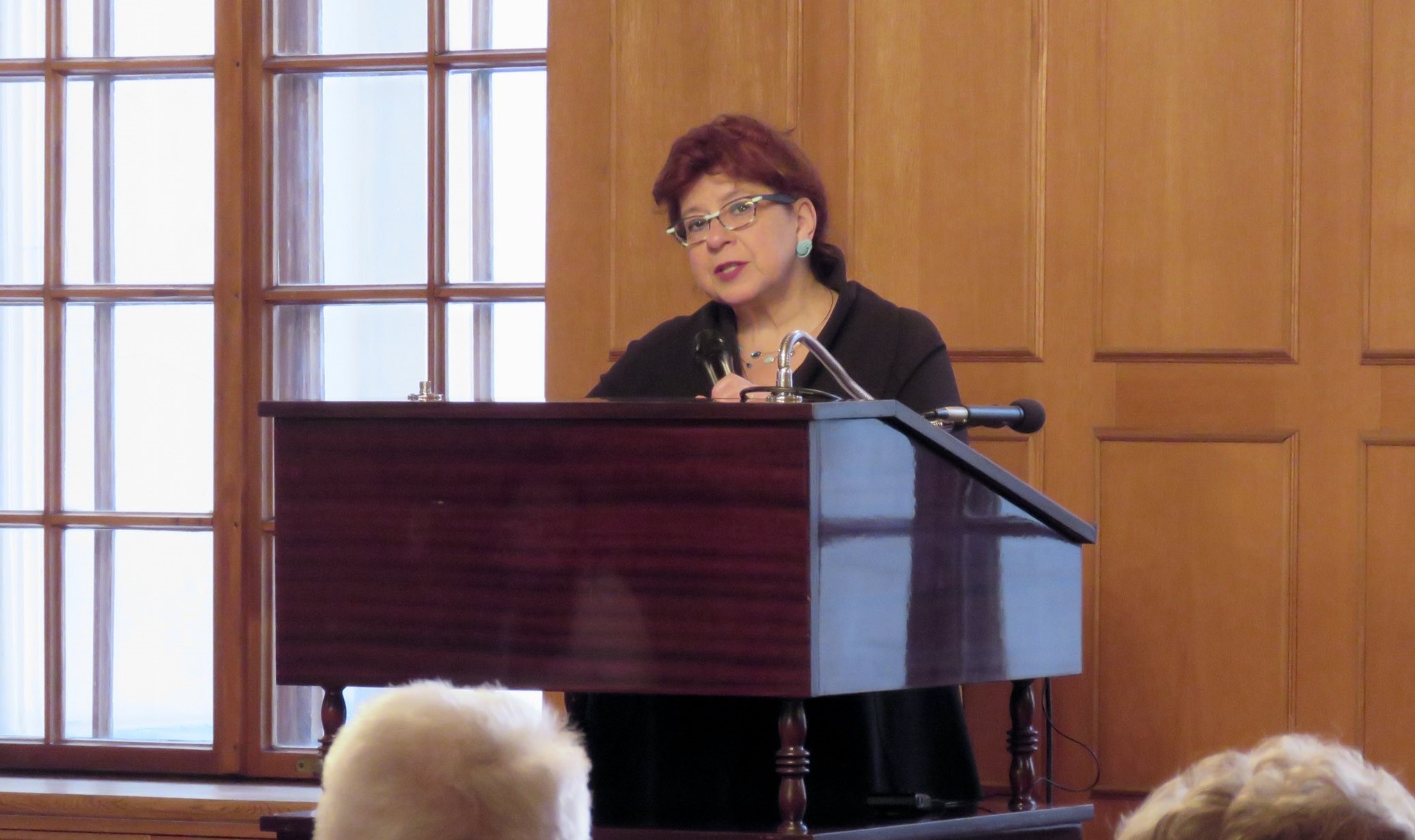Prof. Heschel: Religious experiences of others enhance our own


Photo credit: KUL Heschel Center
We should try to cultivate our sensitivity to the religious experiences of other faiths because they will enhance our own. Look for commonalities rather than sharpening points of disagreement. The crucial issue is to respect religiosity even if we have different theological doctrines,” said Prof. Susannah Heschel in a lecture dedicated to her father Abraham J. Heschel, a prominent 20th-century Jewish philosopher. The meeting was organized by the Center for Catholic-Jewish Relations of the Catholic University of Lublin, named after Abraham J. Heschel, and the Lublin Scientific Society on October 20, 2022.
During the lecture, she emphasized, following Abraham Heschel, the social responsibility for the injustice happening today. “Few are guilty, but all are responsible. We are all responsible for injustice (…) Injustice is remaining unmoved, as if nothing calamitous were happening in our midst; it is making ourselves deaf to the agony around us: indifference to evil is more insidious than evil itself,” said Prof. Susannah Heschel recalling her father’s words.
Prof. Heschel devoted much space in her lecture to interreligious dialogue, which, according to her, should consist not only of the exchange of ideas but also in giving inspiring models of spiritual nobility. She argued that participants in this dialogue should speak with one another not to offer proofs, but to serve as witnesses.
„We must abandon efforts to convert others but instead try to strengthen each other’s religious commitments. We should try to cultivate our sensitivity to the religious experiences of other faiths because they will enhance our own. Look for commonalities rather than sharpening points of disagreement,” she added.
She stressed that Abraham Heschel was a Jewish theologian, philosopher and poet, born in Warsaw. He is known not only for his works on the Old Testament prophets but also for his social activities. He supported Martin Luther King in the fight for equal rights for African-Americans. He was also instrumental in changing the Catholic Church’s attitude toward Judaism, as reflected in the Second Vatican Council’s declaration “Nostra aetate.”
“My father was involved in the Second Vatican Council. I remember his trips to Rome, his meetings with Cardinal Bea in New York, the visits of the many priests, nuns, and Protestant pastors, including many Christian colleagues of my father’s, who came to our home for Shabbat dinner or Passover Seder. In those days, such interactions were new and rare and deeply moving.,” Abraham Heschel’s daughter added, recalling her childhood.
Susannah Heschel is a professor of Jewish studies at Dartmouth College in the United States. Her scholarly work deals with Christian-Jewish relations in Germany in the 19th and 20th centuries. She has also written many books and scholarly articles on her father’s work.
You can read also:



Dodaj komentarz